Apple is lining up three big swings for 2026. Together, they blend AI ambition, regulatory judo, and a design tune‑up. The upcoming iOS 26.2 update polishes the Liquid Glass interface, the web-based App Store widens the funnel for discovery, and Apple’s deal with Google to boost Siri shows a pragmatic streak that cuts through corporate ego.
Apple appears ready to acknowledge that collaboration might be the fastest path to AI excellence. The company is nearing completion of a deal with Google to integrate Gemini AI models into Siri, representing a $1 billion annual investment in external AI capabilities.
This partnership comes after Apple's struggles to deliver the Apple Intelligence features promised at WWDC 2024, which pushed the company to explore alternatives. Why Gemini instead of OpenAI's ChatGPT or Anthropic's Claude? Apple sees Google’s models as the right fit for its needs.
What makes the Gemini-Siri partnership so strategic?
The implementation spells out Apple’s plan to keep privacy front and center while tapping cutting-edge AI. Google's Gemini models will run on Apple's Private Cloud Compute infrastructure, so user data stays inside Apple’s security perimeter.
The new Siri architecture splits into three parts: a query planner, a knowledge search system, and a summarizer. Gemini handles planning and summarization, and Apple keeps personal data processing on the device to uphold its privacy-first stance.
The payoff shows up in everyday requests that used to stump Siri. Think about finding something specific, like “the book recommendation from Mom”, pulling context from your device, then returning an answer that actually helps. The upgrade is expected to arrive with iOS 26.4 in spring 2026, Apple’s biggest AI leap since Siri first appeared.
The clever bit, Apple keeps the experience feeling Apple, while renting Google’s brainpower. No frantic race to reinvent the wheel, just a focused handoff where it counts.
How Apple's web App Store changes everything
Apple’s web-accessible App Store marks a sharp turn from its famously closed approach. It is a pointed response to regulatory pressure and a way to reach people who are not holding an iPhone. The new browser experience lets anyone link directly to individual app pages, giving developers cleaner paths to promotion and discovery beyond Apple’s devices.
Under the hood, Apple upgraded discovery with automated tag generation that draws from app metadata plus human review. Promotions got a lift too, with up to 10 active codes per purchase and 1 million codes per app each quarter. On the asset side, Apple-Hosted Background Assets can reach 200GB and update independently of app releases, a big perk for content-heavy apps.
The timing lines up with a broader roadmap that includes expectations of at least 15 new products in 2026 with advanced AI features and possibly foldable devices. Opening the web door helps Apple absorb antitrust pressure while keeping the App Store’s core curation intact.
The strategy reads like aikido. Turn the push into momentum, show the market you are open for business, then use that broader reach to feed the ecosystem. A link in a browser today can still lead to hardware tomorrow.
iOS 26.2: Polishing the Liquid Glass experience
iOS 26.2 takes the edge off the Liquid Glass debate. Apple is adding a tinted option that bumps opacity in apps and Lock Screen notifications for better readability. The alarm clock gets a sanity check, with the return of a swipe slider to turn alarms off completely.
Apple Intelligence expands, too. Live translation adds Italian, Japanese, Korean, and Chinese. Security updates are lighter and quicker thanks to Background Security Improvements, enabling smaller, faster installs. For control freaks, you can now toggle off the Lock Screen camera swipe gesture.
Music fans get quality-of-life tweaks, including swipe gestures for track switching in the player and AutoMix over AirPlay. Small touches, noticeable every day.
The Liquid Glass blowback exposed a familiar Apple tension: gorgeous visuals versus usability. Some loved the shimmer, others squinted through the blur. With 26.2, Apple backs off the excess without abandoning the look. Classic Apple, stick to the vision, fix the friction.
Where does Apple's ecosystem evolution lead us?
Taken together, these moves show Apple adapting to shifting tech and regulatory winds without surrendering its core playbook. The Gemini partnership is a bet on pragmatism over pride. The web App Store turns compliance into reach. iOS 26.2 keeps the design language and trims the rough edges.
It all points to a tighter, AI-forward ecosystem that pushes beyond hardware borders. The enhanced Siri is slated to arrive in 2026 alongside new smart home gear, and the web App Store broadens app discovery, so Apple looks set to lean harder into the AI race.
What stands out is that Apple is threading the needle. Google’s models run inside Apple’s privacy envelope. The web store opens doors, curation stays put. iOS 26.2 shows flexibility without losing the plot.
Will users and developers adjust quickly to a more open, still very Apple ecosystem? That is the real test. For a company built on end‑to‑end control, this pivot could be the blueprint that shapes the next decade.




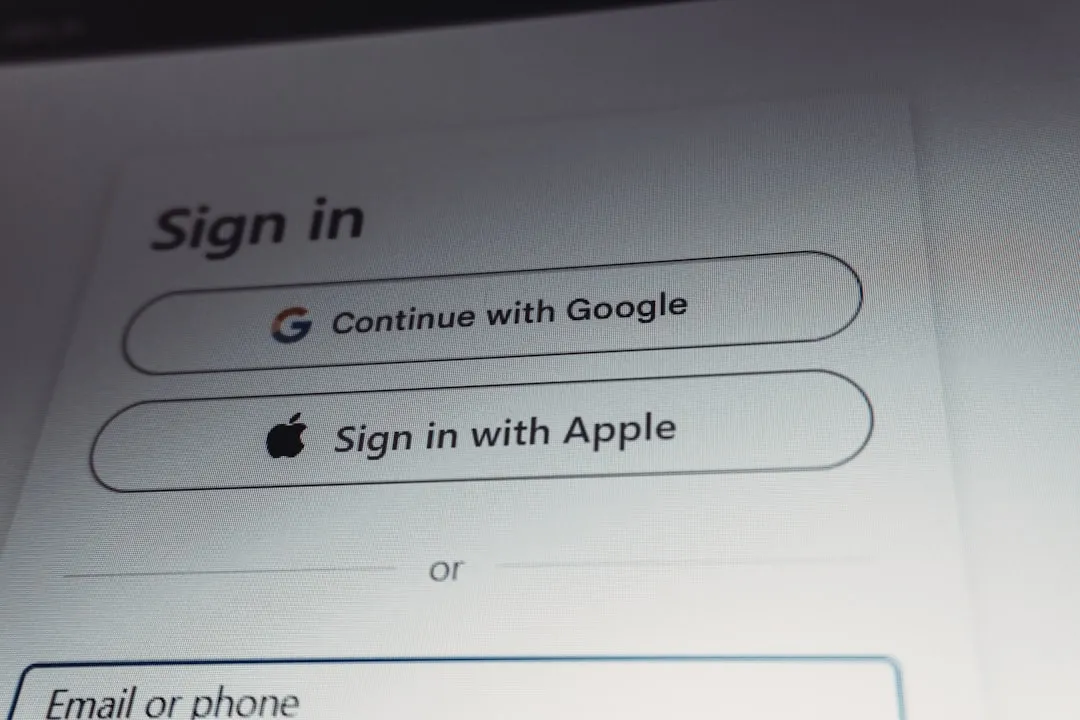
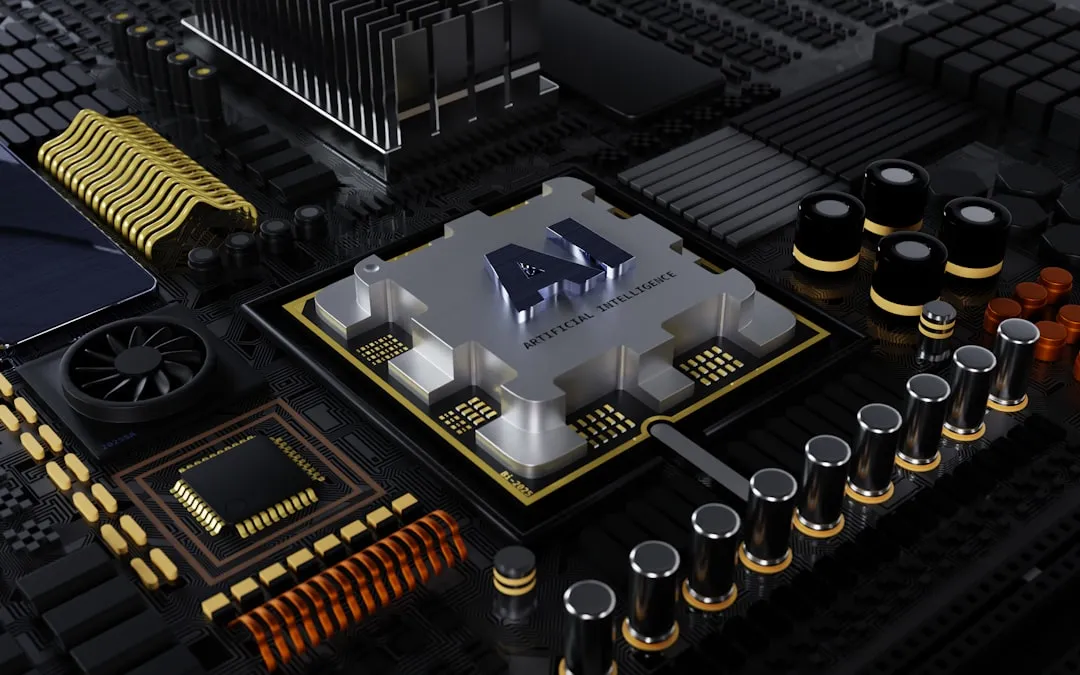
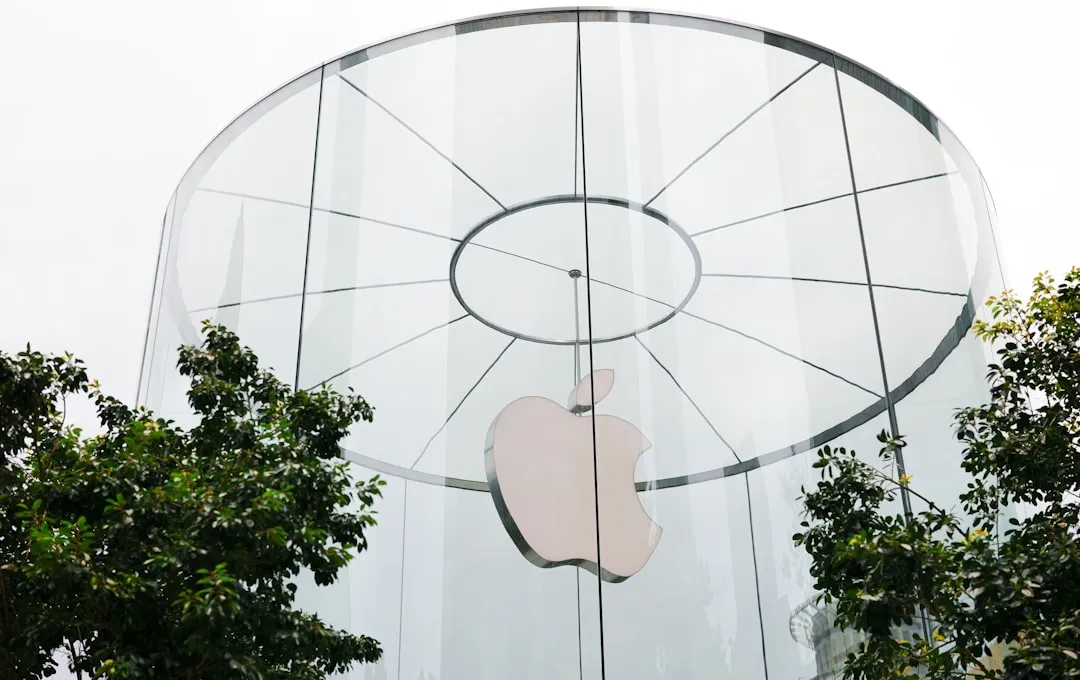

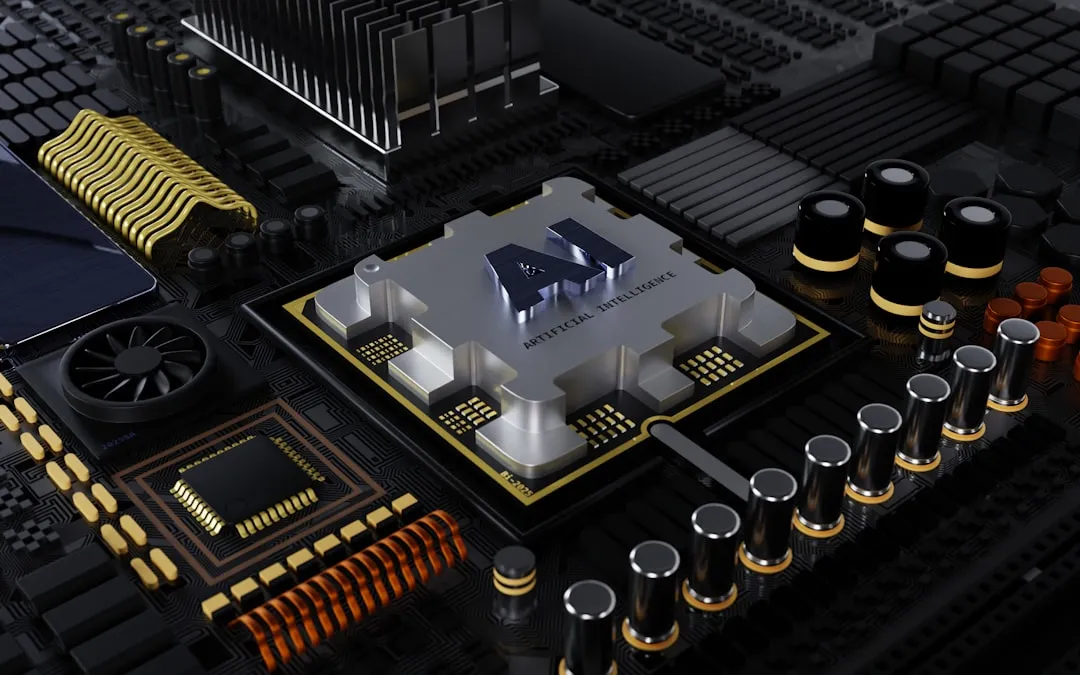
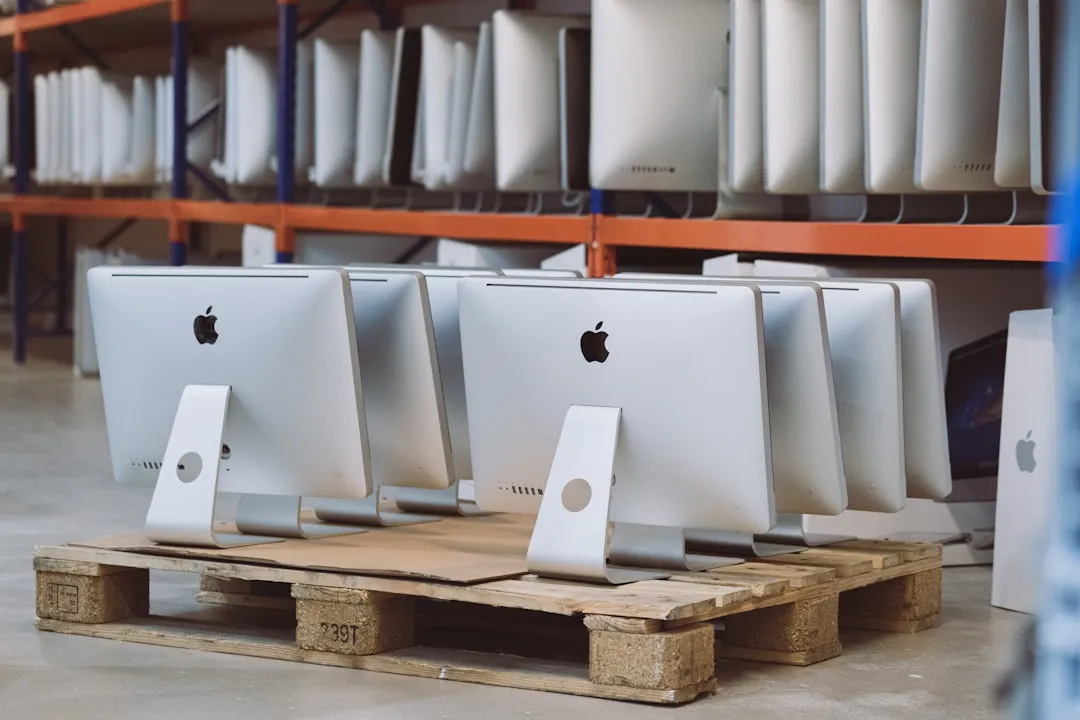

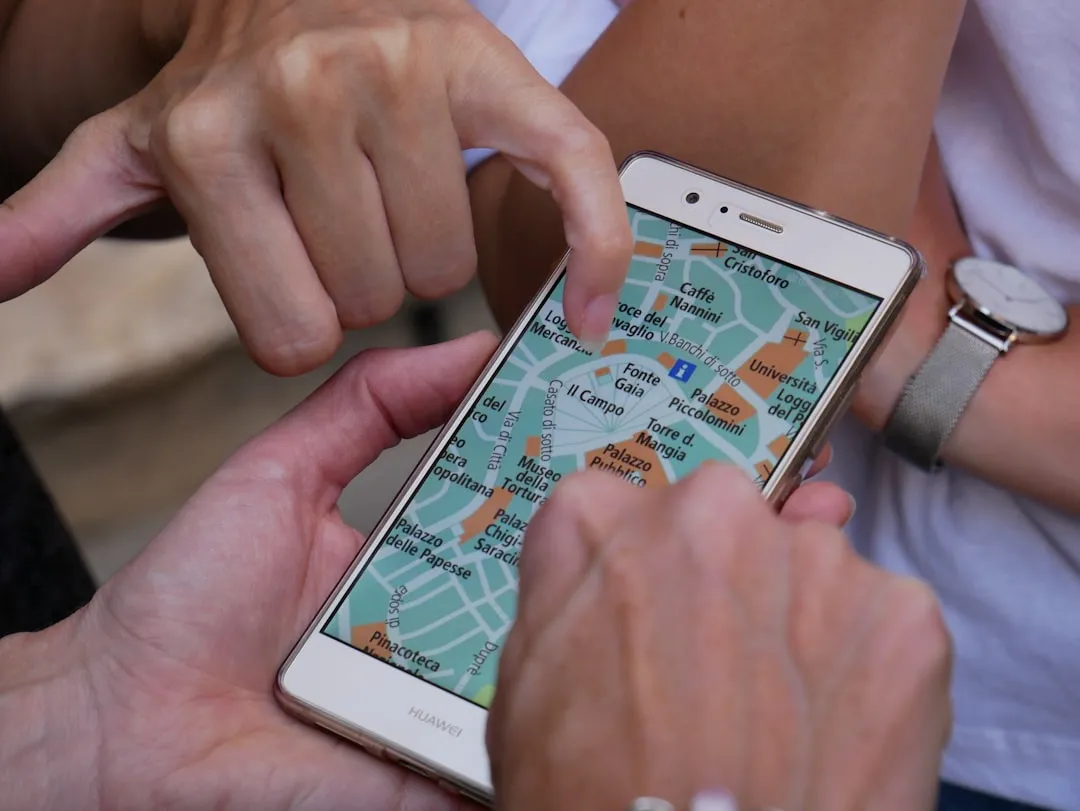
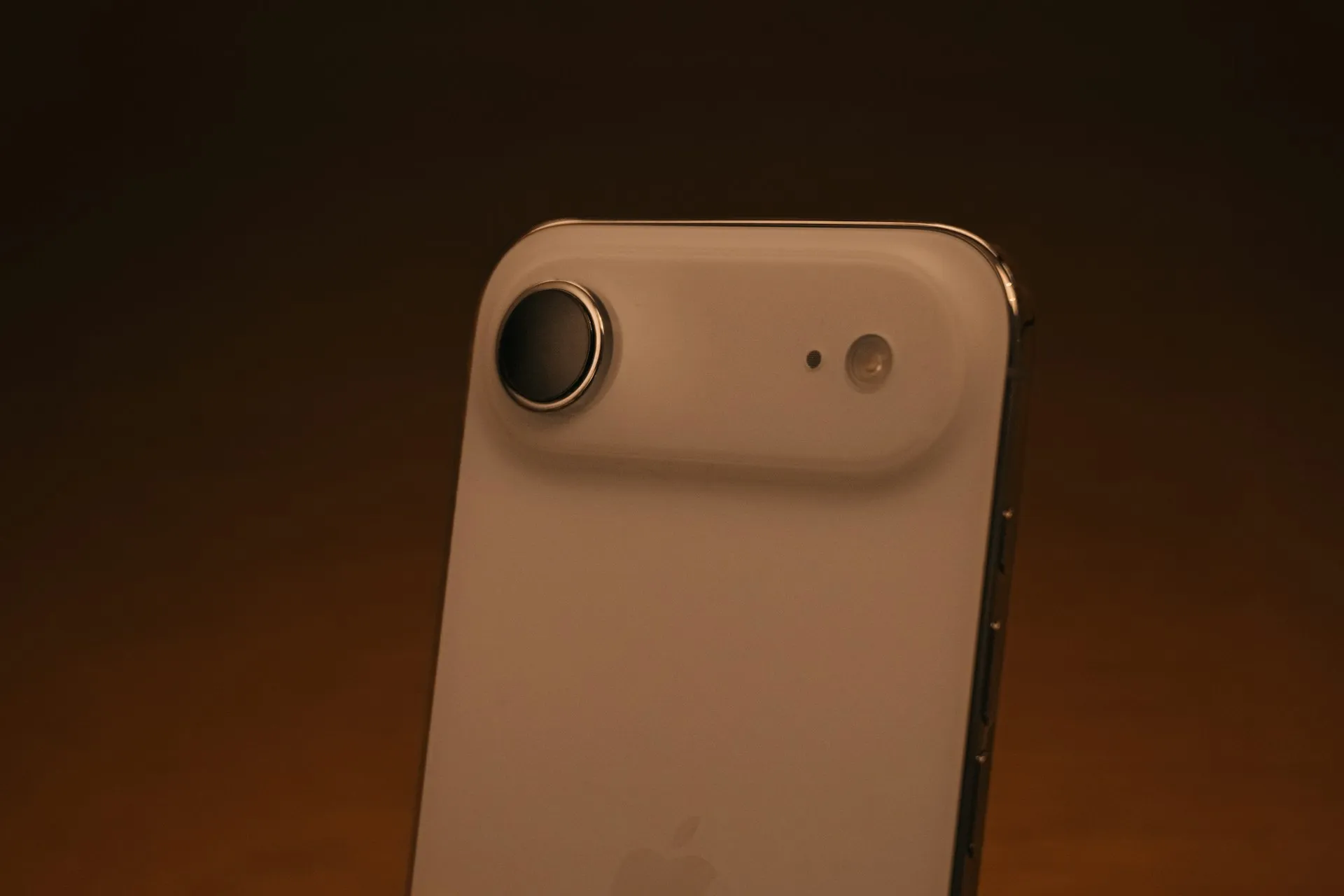
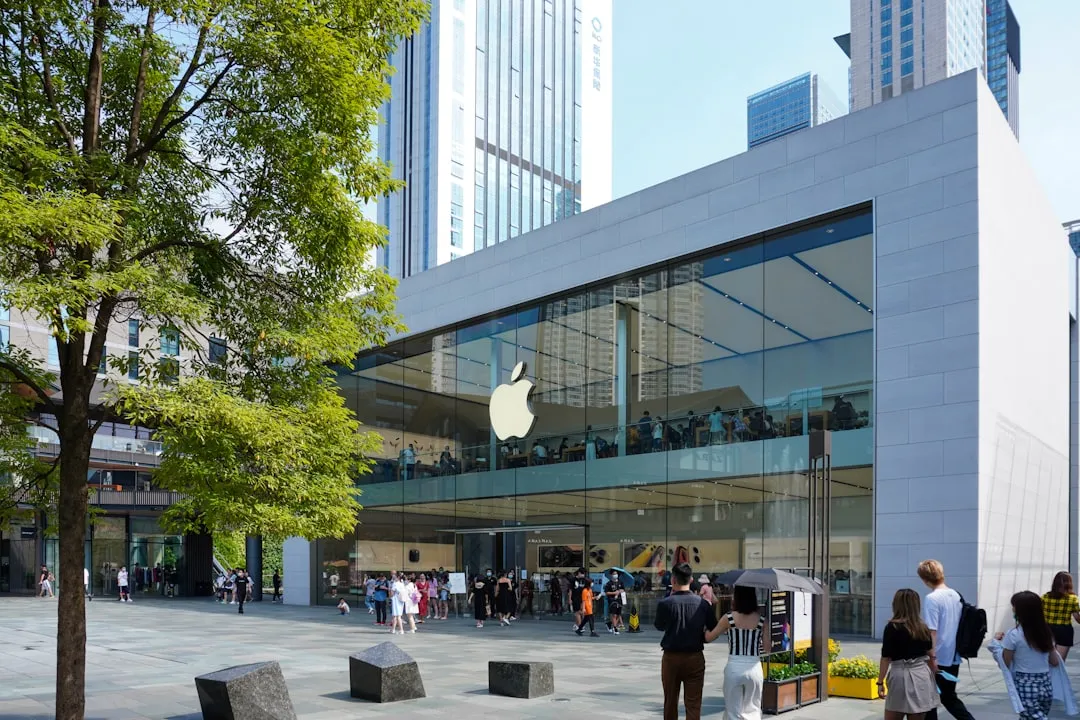
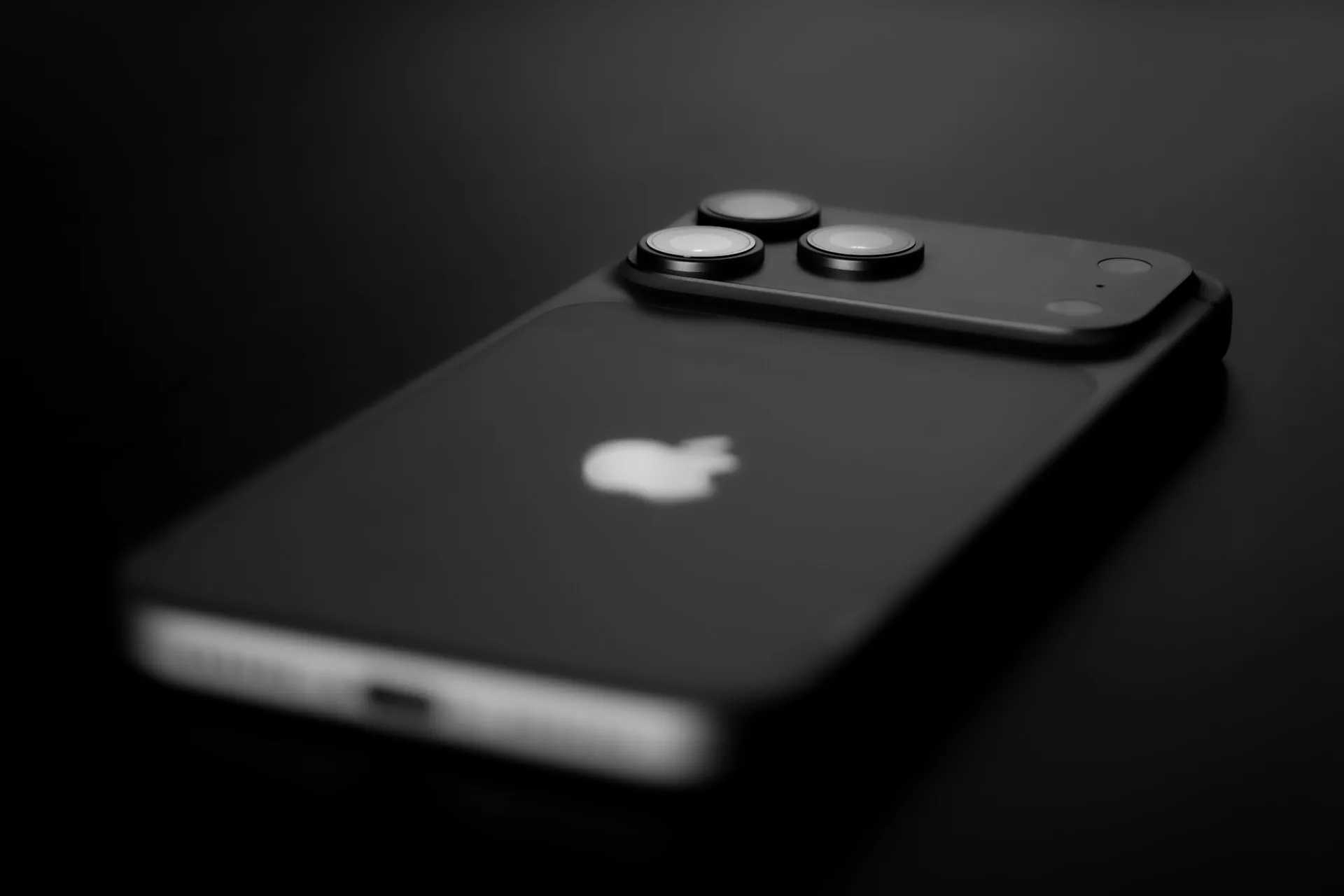
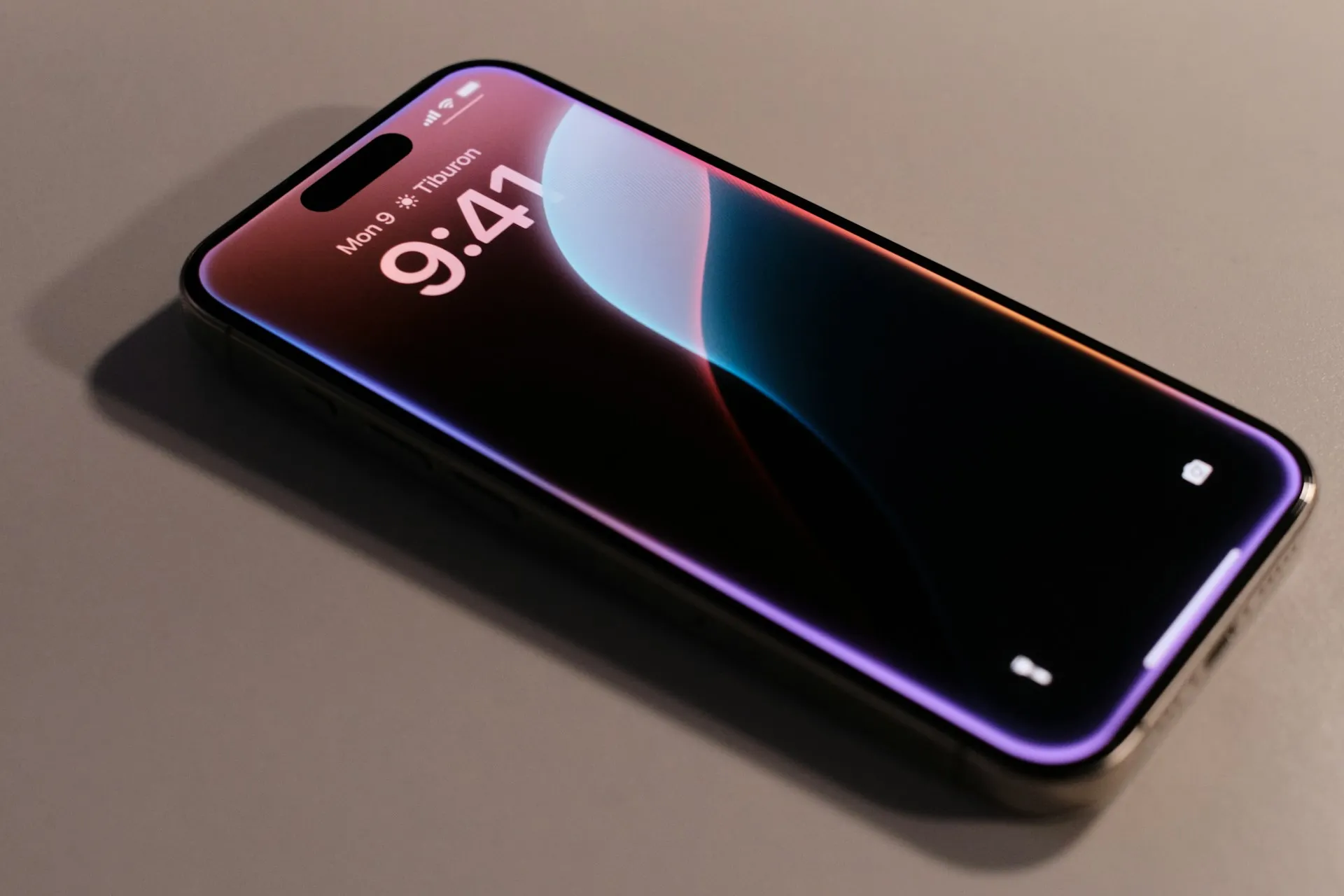
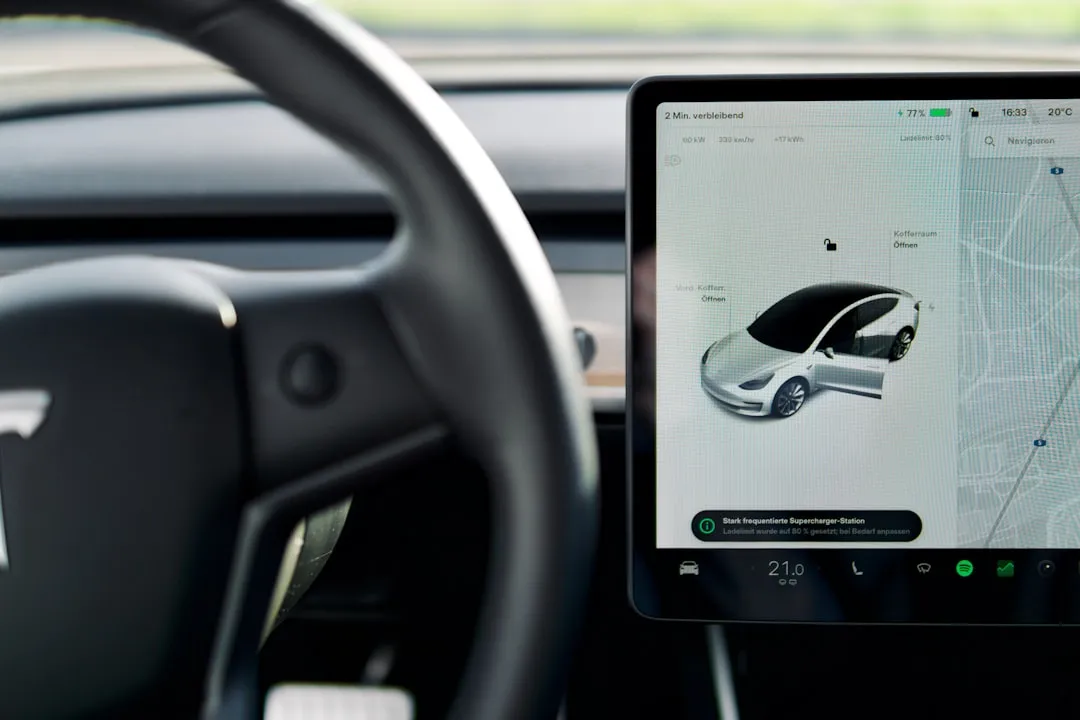


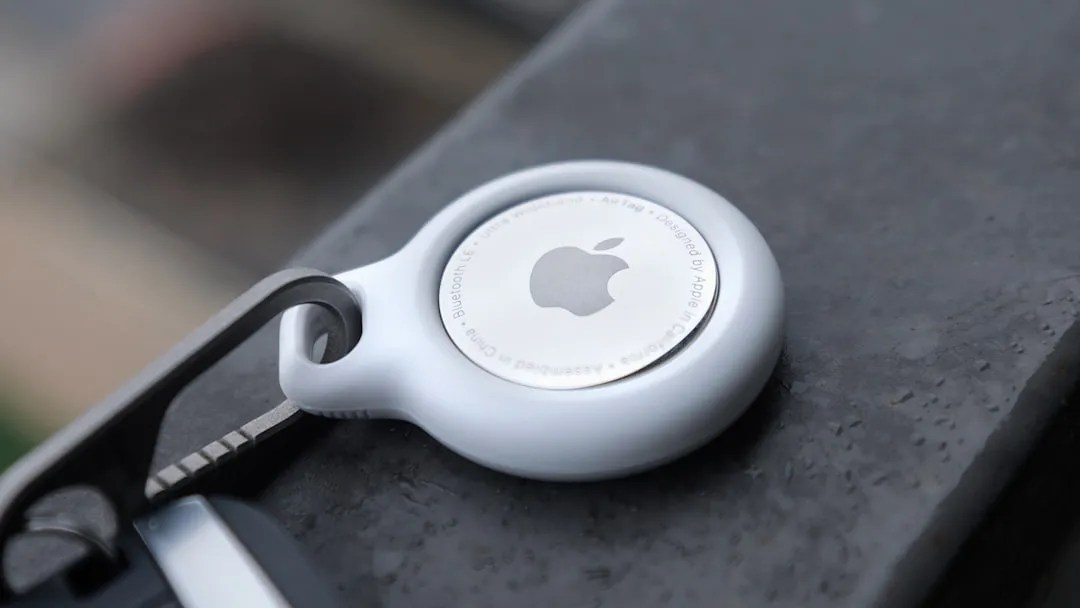

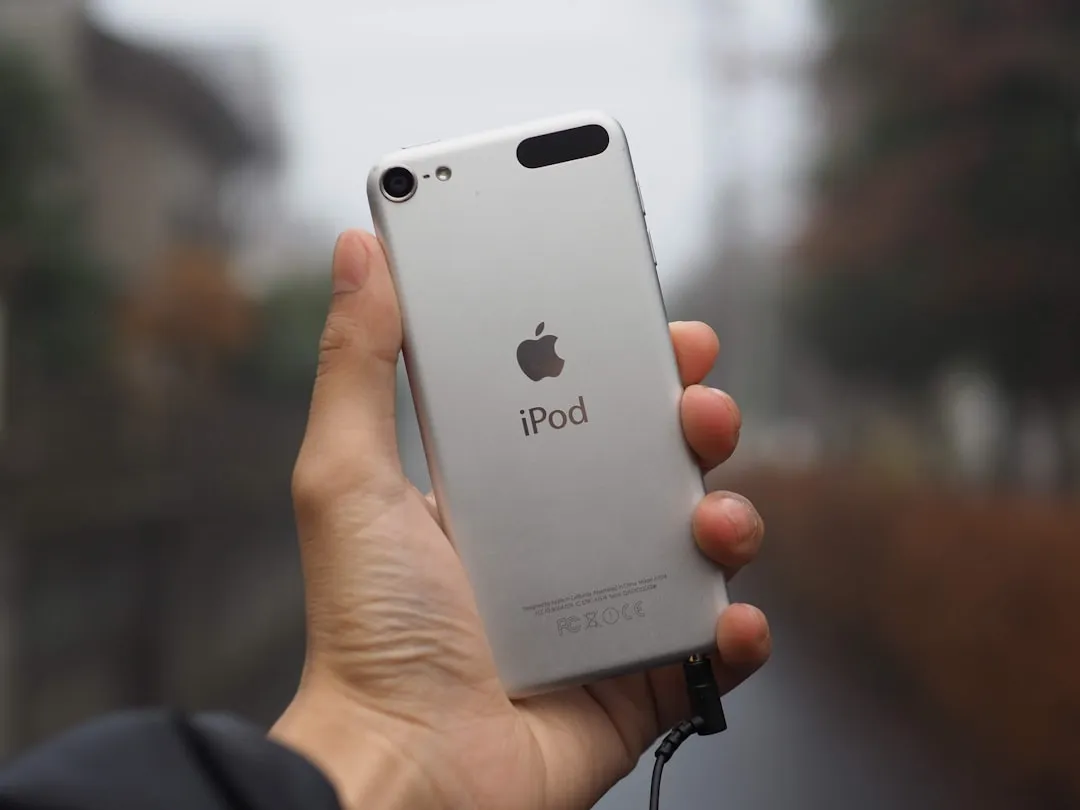
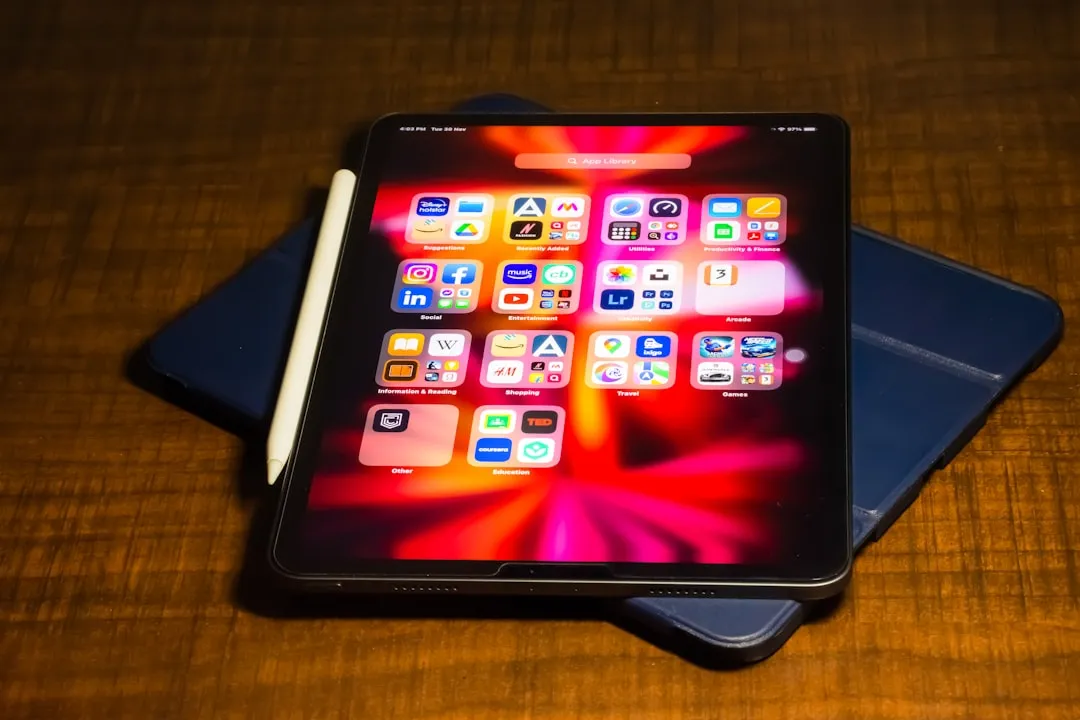
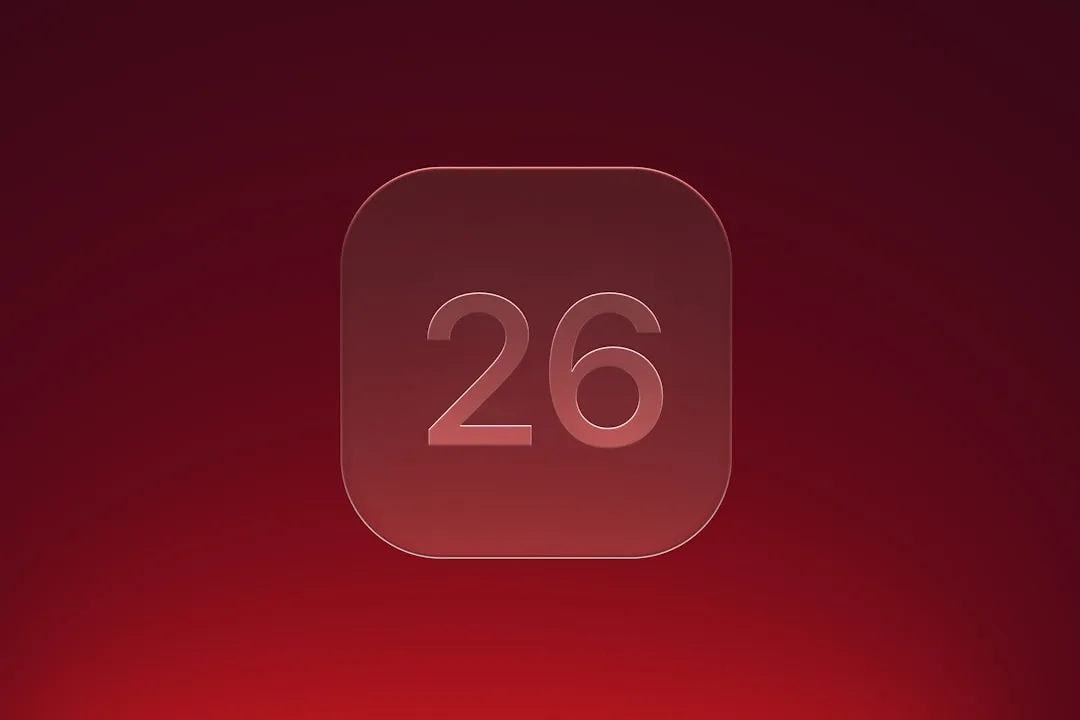
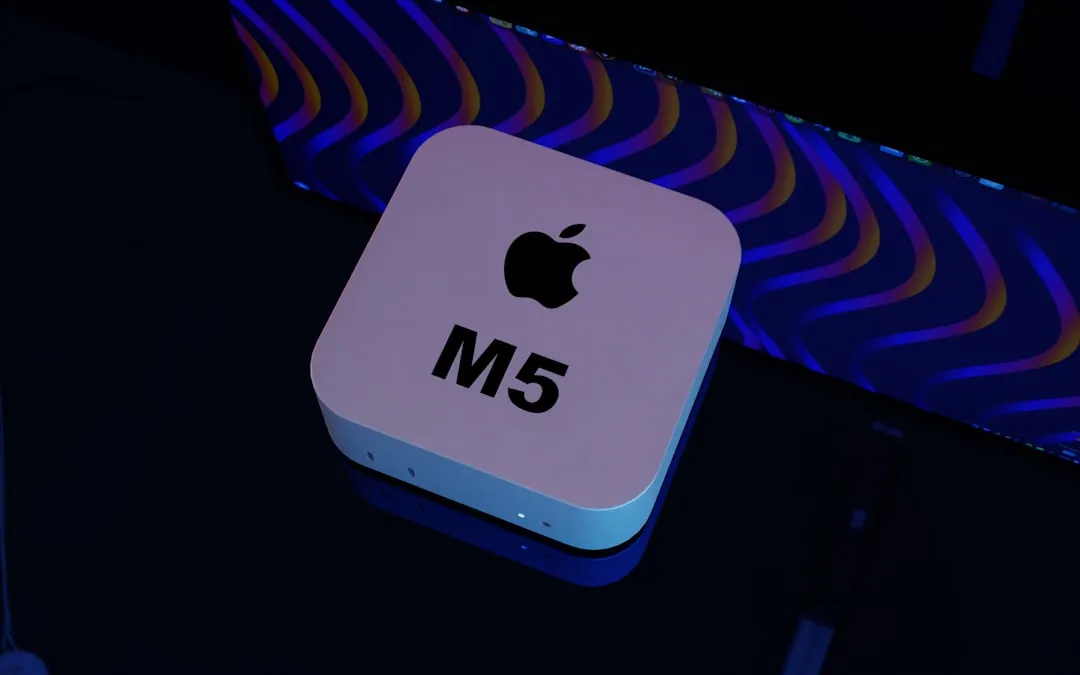
Comments
Be the first, drop a comment!